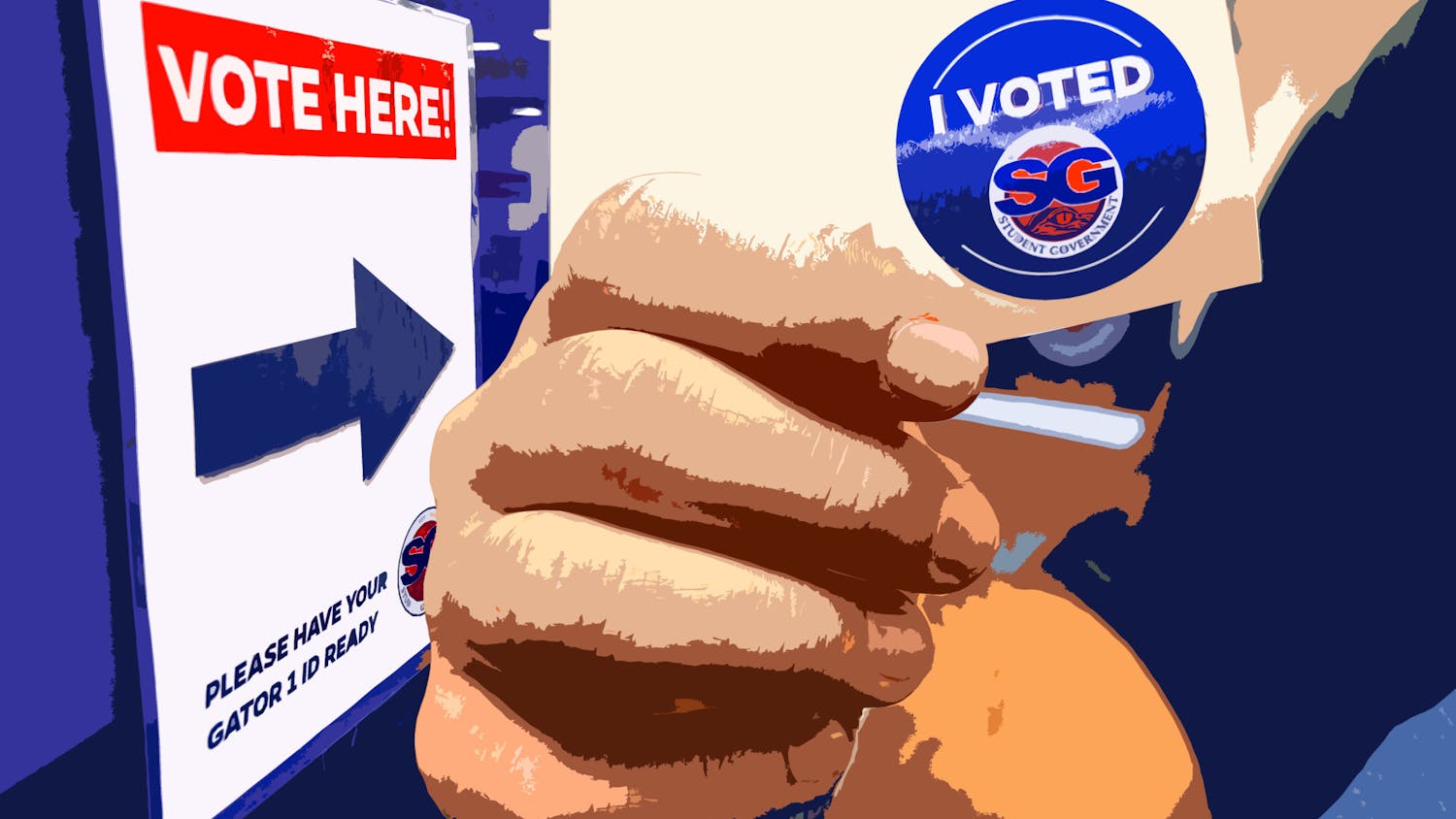When Stephanie Yelverton woke up after the first one, she couldn't remember her own name. The seizure had scrambled her mind so thoroughly that she didn't recognize the face of her worried mother waving to her as the doors of the ambulance closed her inside.
She would later learn that the seizure wasn't so random. The trigger was binge drinking.
One in 10 people will experience a seizure in his or her lifetime, but only one in 100 will be diagnosed as epileptic, according to Dr. Kimford Meador, director of the epilepsy program at UF's McKnight Brain Institute.
Epilepsy is characterized by multiple seizures and can be triggered by abusing drugs or alcohol, Meador said.
Yelverton said she had never used drugs, but at 16, the now 20-year-old UF art history student had been doing damage to her body by abusing alcohol for more than a year while she had epilepsy.
Upon arriving at the hospital, doctors confiscated her new driver's license, explaining that she was now considered a danger on the road. They also ran some tests on her brain to locate the cause of the seizure.
When the results came back normal, Yelverton and her family believed that the seizure was an isolated incident despite doctors' warnings that the episodes would probably continue.
Yelverton hadn't told the doctors about how much she'd been drinking, and it would take three more seizures for her to accept that alcohol addiction was the real problem, she said.
A self-proclaimed "party person," Yelverton began drinking when she began high school. She said it didn't take long for the habit to turn into a full-blown addiction.
"I pretty much kept a bottle of vodka under my bed at all times," the petite blonde said. "I drank before school, during the day and at night. I wasn't drinking to party. I was drinking because I had a problem."
Yelverton hasn't had a seizure for more than three years, but she still takes anti-epileptic medication daily. There is no way to determine whether she has grown out of the disease or if the medication is simply working.
She admits that she has been drinking more since she's been in college, but she said it's not happening in the abusive way that she believes caused her seizures.
"I don't put myself in irresponsible situations like I used to," she said. "You won't see me volunteering for a chugging contest."
Her mother, Jennifer Yelverton, does not support the continued drinking but said she has come to terms with her daughter's ability to live her own life.
"She makes the decisions now," she said. "She's the one who will have to face the consequences of those decisions if she has another seizure."
The most immediate consequence is the loss of her driver's license, but the potential for brain damage is ever-present.
"I understand the dangers of my situation better than anyone," Yelverton said. "I'm a social person and I'm a party person. I'm not going to be submissive to this disorder."
Clarification: Dr. Meador said it's OK for epileptics to drink, as long as they do so carefully and in moderation. Yelverton most likely wouldn't be drinking otherwise.





